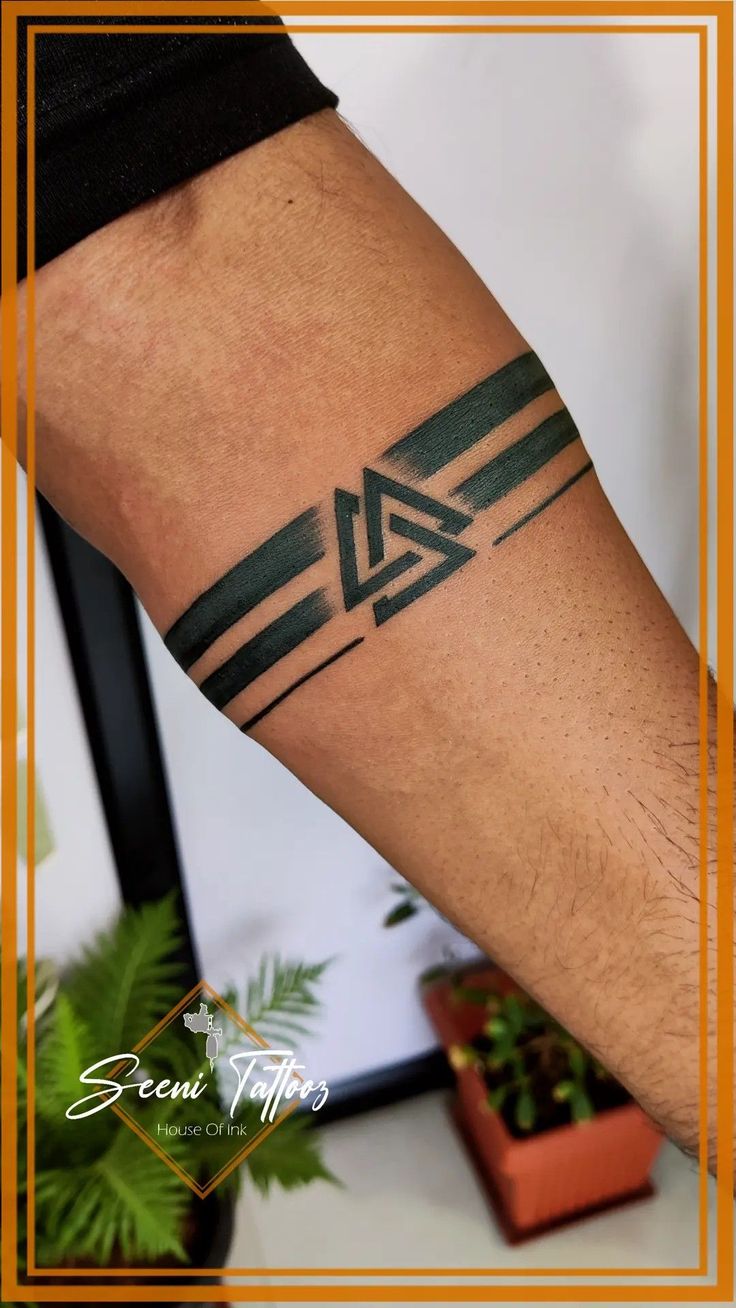Coast Guard Contact Info

Contact Information for the United States Coast Guard

The United States Coast Guard is a unique branch of the military that operates under the Department of Homeland Security during peacetime and can be transferred to the Department of the Navy during wartime. With its multifaceted mission, including maritime law enforcement, search and rescue, marine safety, and environmental protection, among others, it’s essential for the public to have access to its contact information. Whether you’re looking to report a maritime emergency, inquire about joining the Coast Guard, or need information on boating safety, having the right contact details is crucial.
General Contact Information

For general inquiries or to find specific information about the Coast Guard’s operations, policies, or how to get involved, you can start by visiting the official Coast Guard website. The website is a comprehensive resource that includes details on Coast Guard missions, careers, history, and how to contact various offices and units directly.
- Phone: For general information, you can call the U.S. Coast Guard at (202) 372-2100.
- Email: While there isn’t a single email address for all inquiries, the Coast Guard website provides contact forms and specific email addresses for different topics and offices.
- Mailing Address: U.S. Coast Guard Headquarters, 2703 Martin Luther King Jr. Ave. SE, Stop 7126, Washington, DC 20593-7126.
Emergency Contacts

In the event of a maritime emergency, it’s critical to know the right numbers to call. The Coast Guard operates a robust search and rescue system, and knowing how to access these services can be lifesaving.
- VHF-FM Channel 16: This is the international distress, safety, and calling frequency. All mariners should monitor this channel when underway.
- Phone: To contact the Coast Guard in an emergency, call the nearest Coast Guard station or dial 911 and ask for the Coast Guard.
Reporting Suspicious Activity

If you witness or suspect any illegal activity, such as drug smuggling, human trafficking, or other criminal acts, you should report it to the authorities immediately.
- National Response Center (NRC) Hotline: 1-800-424-0202. This is the federal point of contact for reporting spills, releases, and other environmental incidents.
- Coast Guard Sector or Station: You can also report suspicious activity directly to the nearest Coast Guard sector or station. Their contact information can be found on the Coast Guard’s official website.
Marine Safety and Environmental Protection

For matters concerning marine safety, vessel inspections, and environmental protection, you can reach out to your local Coast Guard Marine Safety Unit (MSU) or Marine Safety Office (MSO).
- Local MSU/MSO Contact Information: Available on the Coast Guard’s website by searching for the unit nearest to your location.
Joining the Coast Guard

If you’re interested in a career with the Coast Guard, whether as an enlisted member, officer, or in a civilian role, there are several resources available to guide you through the process.
- Coast Guard Recruiting Command: 1-877-NOW-USCG (1-877-669-8724)
- Website: The Coast Guard’s official website has a dedicated section for careers and recruitment, including information on eligibility, the application process, and available positions.
Boating Safety

For information on boating safety, including courses, inspections, and regulations, you can contact the Coast Guard Auxiliary or visit the Coast Guard’s Boating Safety website.
- Coast Guard Auxiliary: The Auxiliary has local flotillas across the U.S. that offer boating safety courses and vessel safety checks. You can find your local flotilla on the Coast Guard Auxiliary website.
- Boating Safety Website: The Coast Guard’s official boating safety website provides resources on safety equipment, navigation rules, and how to prevent accidents.
🚨 Note: Always be prepared when venturing out on the water by having safety equipment, knowing the weather forecast, and filing a float plan with a friend or family member.
In summary, the U.S. Coast Guard provides numerous avenues for contact, depending on your needs. Whether it’s an emergency, a question about joining, or information on maritime safety, the right resources are available. By staying informed and connected, individuals can contribute to safer and more secure maritime environments.
What is the best way to contact the Coast Guard in a non-emergency situation?

+
For non-emergency situations, the best way to contact the Coast Guard depends on your specific needs. You can visit the Coast Guard’s official website for general information, contact your local Coast Guard unit for regional inquiries, or reach out to specific offices like recruiting or public affairs for their respective areas of expertise.
How do I report a marine safety concern or environmental issue to the Coast Guard?

+
You can report marine safety concerns or environmental issues to the Coast Guard by contacting the National Response Center (NRC) at 1-800-424-0202 or by reaching out to your local Coast Guard Marine Safety Unit (MSU) or Marine Safety Office (MSO). Their contact information is available on the Coast Guard’s website.
What resources are available for learning about boating safety and regulations?

+
The Coast Guard offers several resources for learning about boating safety and regulations, including the Coast Guard Auxiliary for local boating safety courses and vessel safety checks, and the Coast Guard’s Boating Safety website for comprehensive information on safety equipment, regulations, and best practices.



